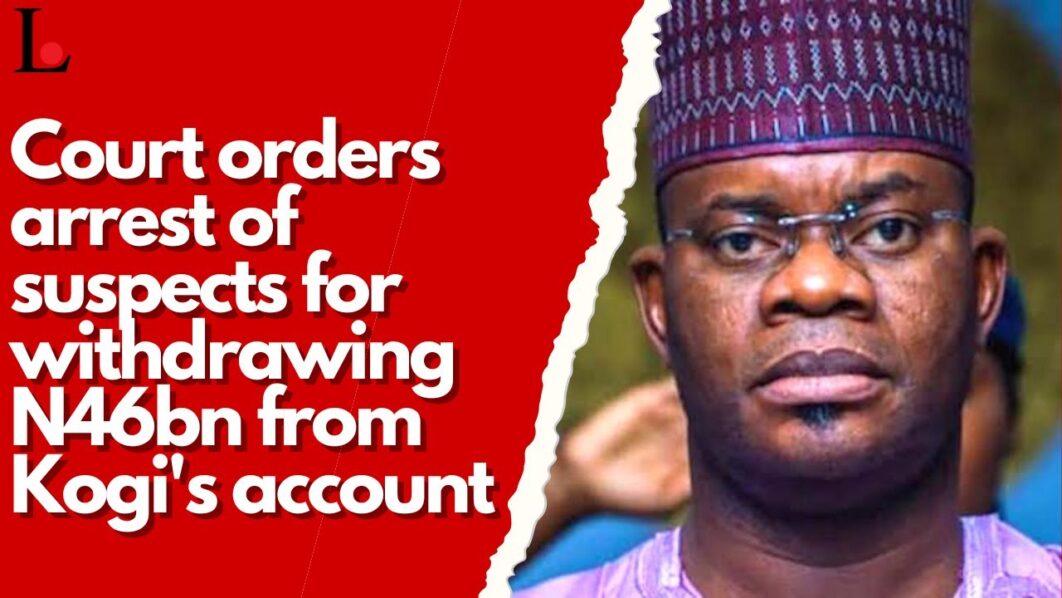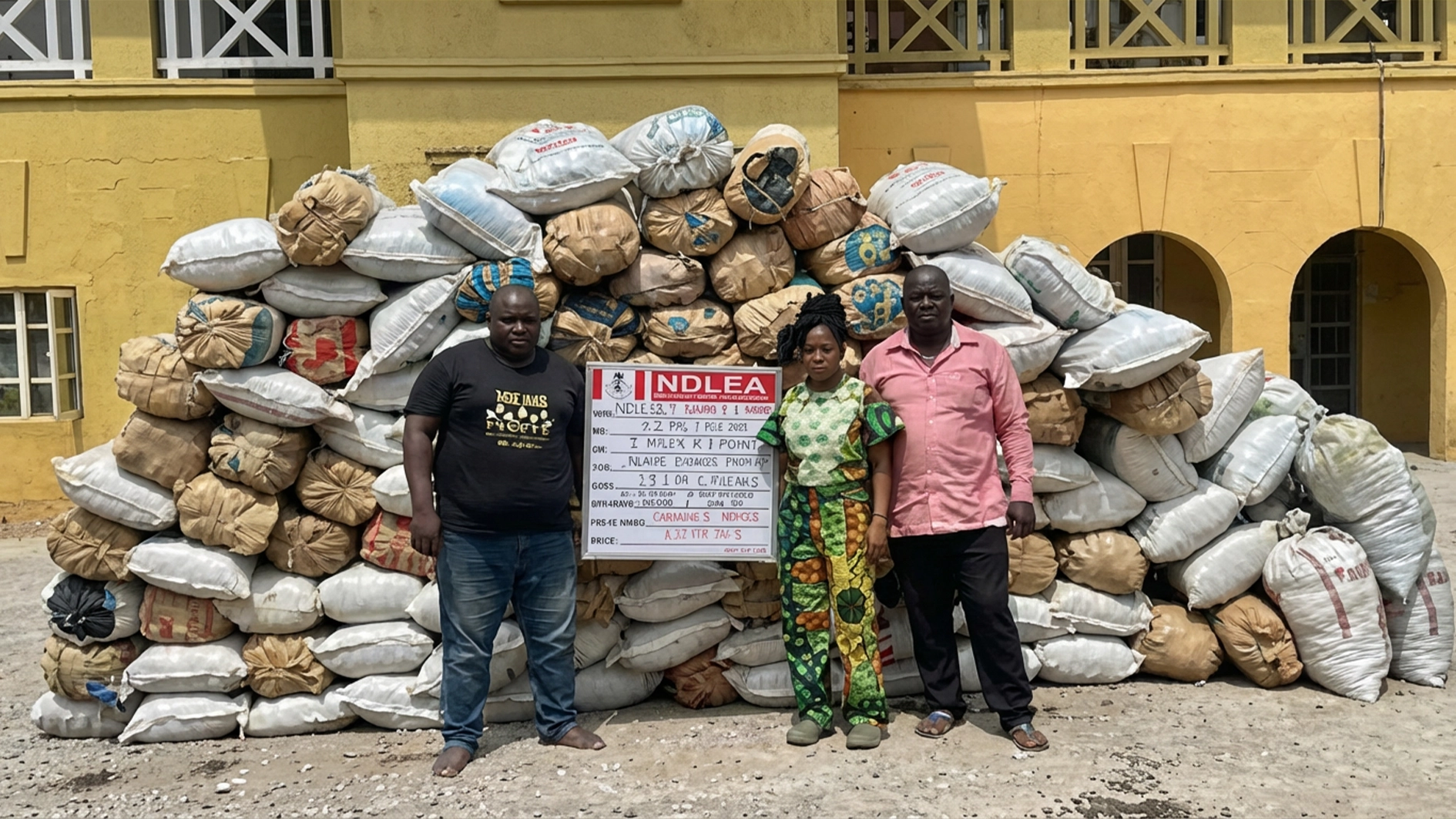
The Kogi Government says it has nothing to hide following the invitation by the Economic and Financial Crimes Commission (EFCC) of two of its officials over alleged cash withdrawals of N46 billion.
The two officials invited by the EFCC are Abdulsalamu Hudu and Umar Shuaibu-Oricha.
In a statement issued by the Commissioner for Information, Mr Kingsley Fanwo, on Monday in Lokoja, Hudu and Shuaibu-Oricha were ordered to be arrested by a Federal High Court.
READ ALSO:CUSTECH students: “The killers will not go unpunished,” says Kogi govt
The court gave the order to ensure that the two men answer criminal allegations related to alleged withdrawal of N46bn from the Kogi government bank accounts, among other accusations.
The order was granted by Justice Emeka Nwite in a motion ex parte filed by EFCC and marked as suit number: FHC/ABJ/CS/909/2024.
The case is said to be one of the latest litigations by the EFCC against several Kogi government officials and associates.
The commissioner said,: “the government of Kogi has nothing to hide and will always open her books to lawful investigations.
READ ALSO: Six more abducted CUSTECH students rescue- Kogi govt
“We hope that the EFCC will respond to the patriotic action of the officials by remaining professional in conducting their investigations.
“As a government, we are always prepared to cooperate with anti-graft agencies to prove our transparency and retain the confidence of our development partners, who have consistently given us awards in recognition of our unflinching transparency, accountability and probity.”






